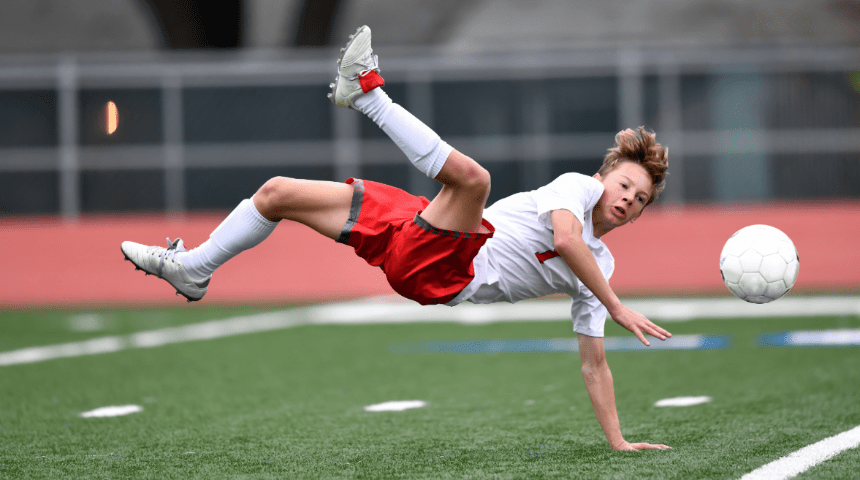8 Tips To Prevent Seniors from Falling at Home
A fall can be life-changing, especially for seniors.
We think it won’t happen, but falls remain the leading cause of injury and death among adults over 65. Whether it’s broken bones or a fractured skull, seniors are at high risk for orthopedic injury.
For the elderly, a fall can be much more serious than when it happens to a younger person. A senior can break a hip or develop a brain bleed with one fall. In fact, falls are the most common cause of traumatic brain injury. Older adults are five times more likely to be hospitalized with a fall.
Falls More Serious as We Age
As we age, our skeletons change. Our bone quality and density begin to decrease. Starting as early as 24 years old, our reaction times also start to lengthen, meaning we can’t correct ourselves as quickly as we used to. Our sense of balance also fades with aging.
These changes caused by normal aging set up the perfect storm for injury.
How can one ensure the golden years remain golden when the risk for falling is high? If you or your loved ones are over 65, it’s time to consider “senior proofing” your home and theirs. Whether you are caring for a parent or trying to maintain your own independence, prevention is the key to keeping seniors safe. A few simple steps can help keep you and your loved ones safe.
How To Prevent Falls
- Remove hazards. During the day, take a good look at your walkways and clear the pathway. Because we are familiar with our homes, we tend to be less observant. Strive for wide-open walkways, free of clutter.
- Install safety devices. Bathrooms can be dangerous when wet. A simple non-slip mat can create a more accessible surface for our feet to grip. Grab bars and handrails should also be considered in high-risk areas.
- Light the way. Add a nightlight in dark areas such as bathrooms and hallways, and keep a lamp within reach of your bed. A little extra light can make a big difference at night.
- Work on balance. High-intensity exercise days are likely over, but seniors can benefit from group balance work such as yoga or tai chi classes. These also have the added benefit of socialization and community.
- Talk to your doctor. Ask your doctor to evaluate your risk and help you develop a plan. Also, discuss your current medications to determine side effects and possible drug interactions.
- Check your eyes. Like everything else, our eyesight changes with aging. Because other health issues can seem more pressing, it is easy for seniors to overlook an annual eye exam. Good eyesight is essential for maintaining balance.
- Use an assistance device. You might not want to use a walker, but it beats not being able to get around independently. Find one that works for your lifestyle and situation if you need a device.
- Use it or lose it. The tendency as we age is to become fearful of falling, so we tend to stop being active. Instead of preventing falls, this can hasten them and even make falls more serious than they would be otherwise. Remain active to maintain body muscle and balance which prevent falls.
Even with reasonable preventive measures, accidents can happen. If you are living at home alone or your partner can’t get to you quickly in an emergency, consider how you will be able to call 911 if you fall. Keeping a phone in your pocket or wearing an alarm device can be lifesaving.
If you fall, you will likely need to work with an orthopedic doctor and possibly a physical therapist. Together, they can help treat the injury and help you restore mobility.
Choose to Stay in Touch
Sign up to receive the latest health news and trends, wellness & prevention tips, and much more from Orlando Health.
Sign Up





